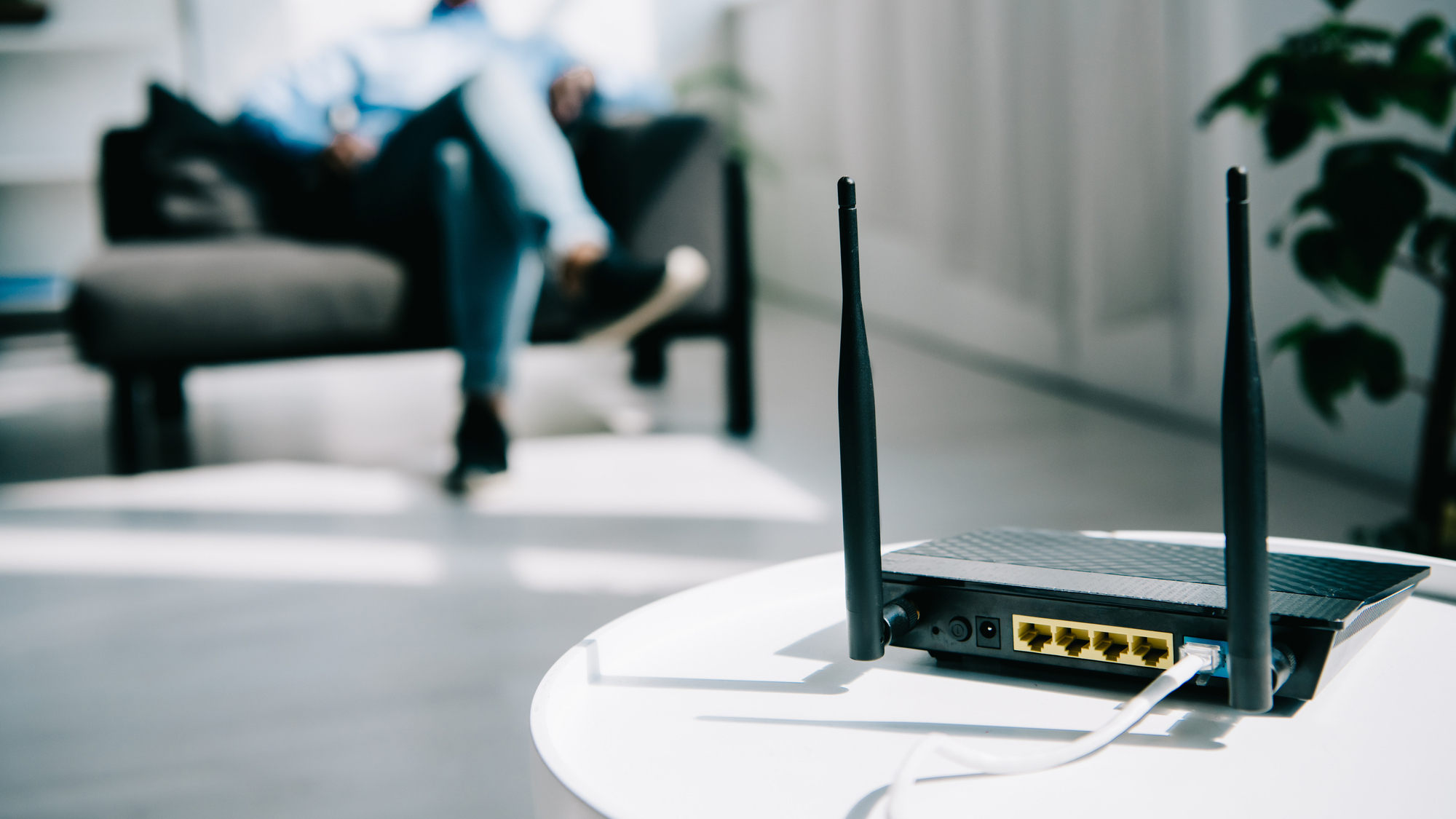

President Biden announced on Monday apportioning plans for the $42 billion aimed at ensuring universal high-speed broadband within the US and its territories by 2030. The allocations follow a year-long FCC project that remapped the nation’s internet connectivity access, highlighting over 8.5 million homes, businesses, and other locales lacking broadband capabilities.
The Broadband Equity Access and Deployment Program, earmarked as part of the $1 trillion 2021 infrastructure funding bill, will provide each state with at least $107 million to expand broadband internet to their residents. More will be allocated to states such as Texas and California given their comparative population sizes. To qualify, each state is required to submit initial plans later this year for how they will use the money, after which time they will receive 20 percent of the funds. Reuters explains plans are expected to be finalized by 2025, after which time the remaining money will be disbursed.
[Related: The US is making its biggest investment in broadband internet ever.]
“High-speed Internet isn’t a luxury anymore; it’s become an absolute necessity,” President Biden said during public remarks given on Monday, adding that around 24 million Americans lack high-speed internet, with millions more facing limited and unreliable service. The effects of unreliable or no internet was particularly exacerbated during COVID-19 lockdowns, especially for low-income and rural students and employees attempting to work and learn from home.
Biden likened the planned expansion to FDR’s Rural Electrification Act of 1936, which ultimately extended electricity access to almost 80 percent of farming communities over the ensuing 14 years. Prior to the bill’s passage, nearly 90 percent of all American farms lacked electricity.
“For today’s economy to work for everyone, internet access is just as important as electricity was, or water, or other basic services,” said the President.
[Related: Biden’s infrastructure act bets big on 3 types of ‘green’ energy tech.]
Some state officials, however, estimate their pending grants are unlikely to fully cover the necessary internet infrastructure projects. Speaking to The Washington Post on Monday, an official for Washington state worried their roughly $1.2 billion is less than half of what would be needed to provide every resident with fiber internet lines. Meanwhile, Mississippi’s head of broadband expansion, Sally Doty, explained that the state’s nearly $1.2 billion for “large areas of unserved populations” such as the Mississippi Delta may not be enough. That said, Doty expects the state will “take what we have… [but] we know it is probably not enough.”
